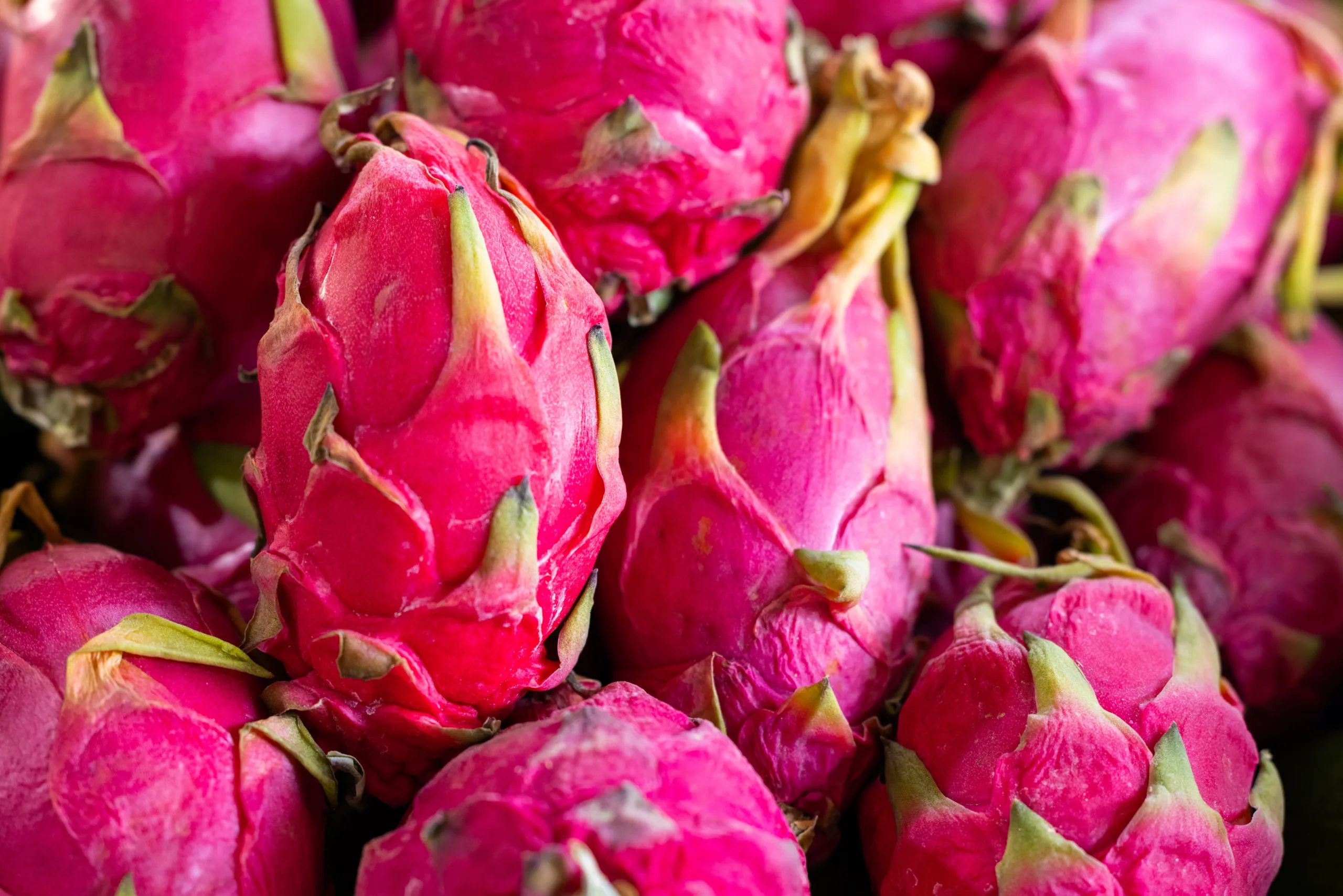Dragon fruit, with its vibrant colors and unique appearance, has become increasingly popular among health-conscious individuals. As a cat owner, you may be wondering if your feline friend can enjoy this exotic fruit as well. In this article, we will explore the safety of feeding dragon fruit to cats, potential risks and benefits, whether the dragon fruit plant is poisonous to cats, and other fruits that may pose a danger to our feline companions.
For more about cats click here
Is Dragon Fruit Safe for Cats to Eat?
The good news is that dragon fruit, also known as pitaya, is generally safe for cats to eat in small amounts. This tropical fruit is rich in vitamins, minerals, and antioxidants, making it a healthy addition to some feline diets. However, like any new food introduced to your cat’s diet, it is crucial to do so in moderation and monitor their response.
When offering dragon fruit to your cat, ensure it is properly prepared and free from any additives or seasonings. Remove the tough outer skin and any seeds before presenting it as a treat. Keep in mind that some cats may be more sensitive to dietary changes, so it’s always best to consult with your veterinarian before adding any new food to your cat’s diet.
Is Dragon Fruit Plant Poisonous to Cats?
While dragon fruit itself is safe for cats to consume, the plant itself can be toxic if ingested. The plant contains compounds that may cause gastrointestinal upset in cats, such as vomiting or diarrhea. Therefore, it is essential to keep the dragon fruit plant out of your cat’s reach to prevent accidental ingestion.
If you have a dragon fruit plant at home and your cat shows any signs of illness after being near or interacting with the plant, contact your veterinarian immediately for advice.
Is Dragon Fruit Toxic to Pets?
Dragon fruit is considered non-toxic to pets when consumed in appropriate amounts. Dogs, like cats, can also safely enjoy this tropical treat as an occasional addition to their diet.
However, while dragon fruit is safe, it is essential to be cautious with other fruits and plants that may be harmful to pets. Some common fruits, like grapes and raisins, can be toxic to both cats and dogs and should be strictly avoided.
Are Any Fruits Toxic to Cats?
Yes, several fruits can be toxic to cats and should never be offered to them. Some of these fruits include:
- Grapes and Raisins: Even in small amounts, grapes and raisins can cause kidney failure in cats and dogs.
- Citrus Fruits: Citrus fruits, such as oranges, lemons, and limes, contain essential oils that can be harmful to cats’ sensitive digestive systems.
- Cherries: Cherry pits and stems contain cyanide, which is toxic to cats.
- Avocado: Avocado contains a substance called persin, which can cause vomiting and diarrhea in cats.
- Onions and Garlic: Onions and garlic, while not technically fruits, are often found in food and can be toxic to cats, causing damage to their red blood cells.
It’s crucial to be aware of these toxic fruits and avoid giving them to your cat. Always check with your veterinarian if you are unsure about the safety of a particular food for your feline friend.
FAQs (Frequently Asked Questions)
1. Can I give my cat dragon fruit every day?
While dragon fruit is safe for cats in moderation, it should not be given every day. As a treat, it can be offered occasionally, alongside a balanced and complete cat food diet.
2. Can dragon fruit help with my cat’s digestion?
Dragon fruit is rich in dietary fiber, which can aid in digestion and promote bowel regularity in some cats. However, every cat’s digestive system is different, and excessive consumption of dragon fruit can lead to digestive upset.
3. How much dragon fruit can I give my cat?
The appropriate amount of dragon fruit to give your cat will depend on their size, age, and overall health. As a general guideline, offering a small piece of dragon fruit (about a quarter of a teaspoon) as an occasional treat should be sufficient.
4. Are there any benefits of feeding dragon fruit to cats?
Dragon fruit is rich in antioxidants, vitamins C and B, and minerals like iron and calcium, which can contribute to your cat’s overall health. However, it should be considered a treat rather than a regular dietary staple.
5. Can I give my cat frozen dragon fruit?
Frozen dragon fruit is safe for cats to eat as long as it is free from any additives or sweeteners. Allow it to thaw before offering it to your cat to make it easier for them to consume.
Conclusion
Dragon fruit is generally safe for cats to eat in moderation, but it should be offered as an occasional treat rather than a regular part of their diet. While the fruit itself is non-toxic, it’s essential to keep the dragon fruit plant out of your cat’s reach, as it can be harmful if ingested. Be cautious with other fruits that are toxic to cats, and always consult with your veterinarian if you have any concerns about adding new foods to your cat’s diet.
Click here for more
